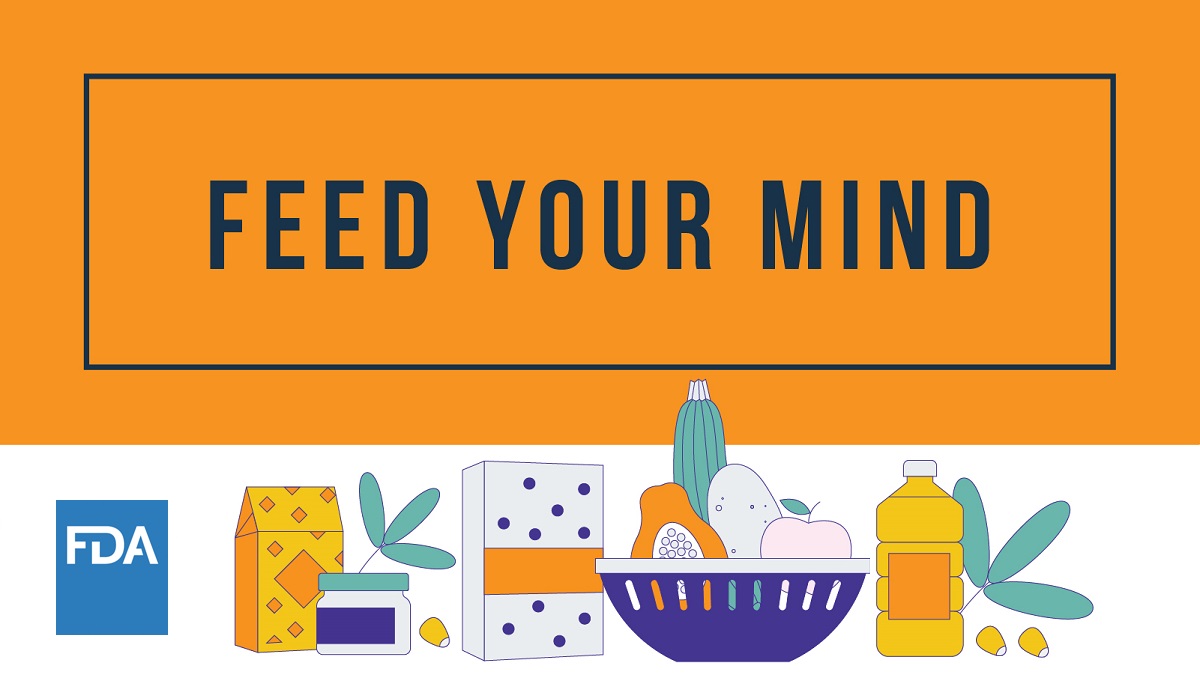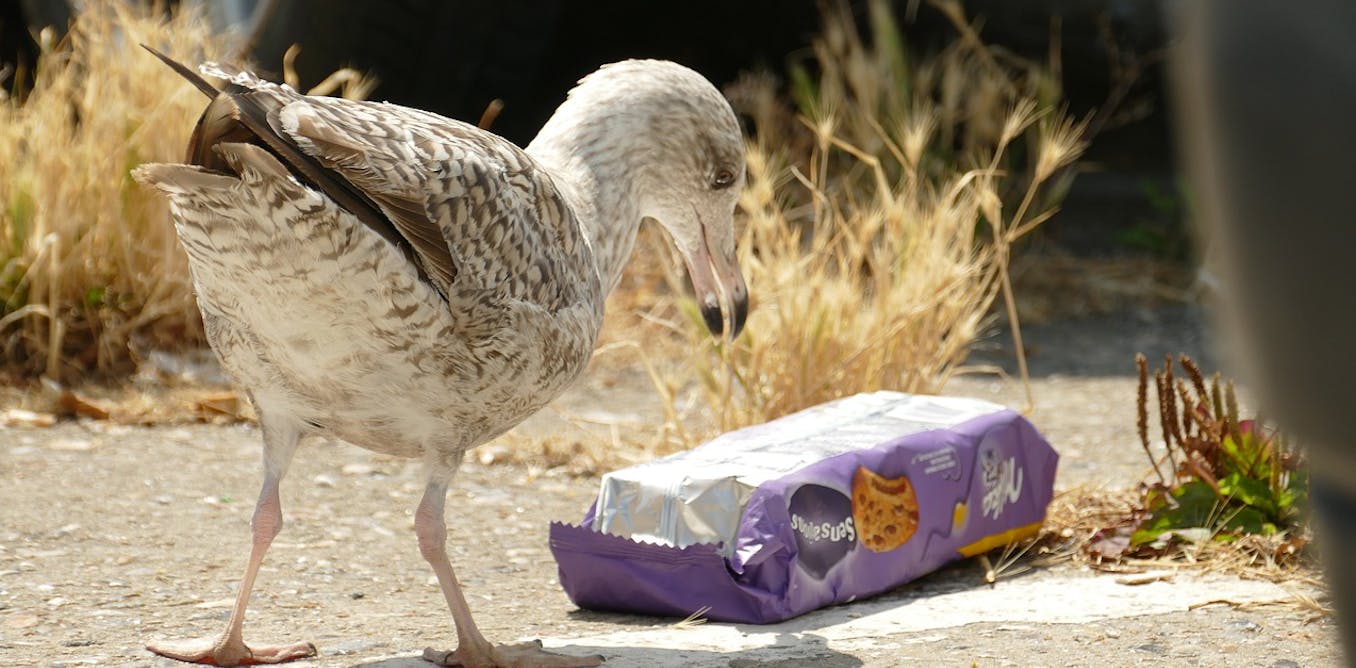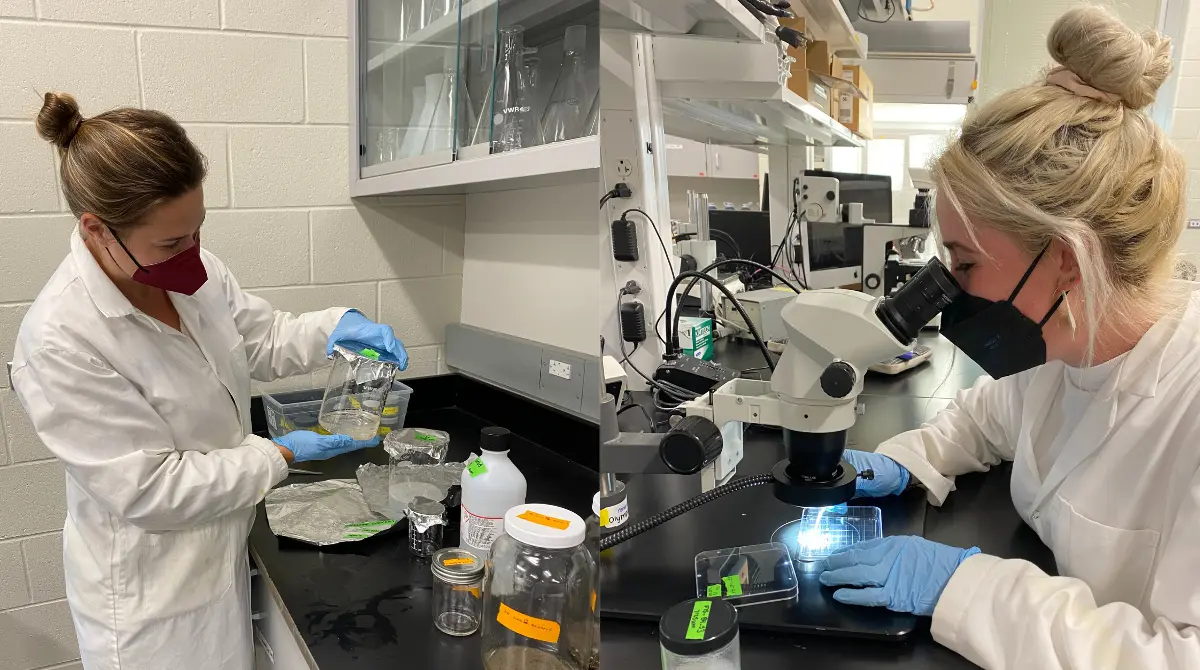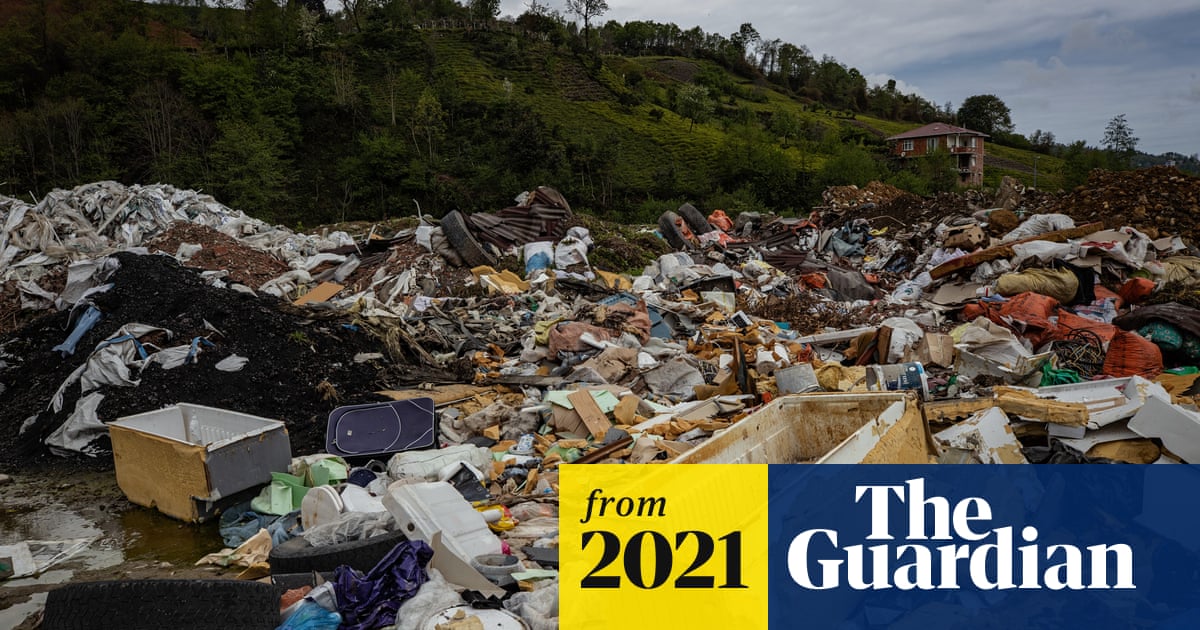Secret Chief
nirvana is samsara
Aside from Jews, that would be about 7 billion people.Both are also treif, so I am like 'Who cares?'
Welcome to Religious Forums, a friendly forum to discuss all religions in a friendly surrounding.
Your voice is missing! You will need to register to get access to the following site features:We hope to see you as a part of our community soon!
Aside from Jews, that would be about 7 billion people.Both are also treif, so I am like 'Who cares?'
The problem is that you don't get the one without the other. Most GMO's only modification is that it survives Roundup. No other benefits.That's not a problem with GMOs but corporate business practices. Monocultured crops os actually scarier than that because a crop ending disease that effects Roundup seeds will be able to infect over 90% of the commercial crop intended for human consumption. But that's the risky business I mentioned, and not really a probablem with GMOs. Even a natural seed would face the same circumstances if it were to be pushed like Roundup.
Corn. Or maize if you prefer, often also has a built in pesticide. One that is safe for mammals but deadly for insects.The problem is that you don't get the one without the other. Most GMO's only modification is that it survives Roundup. No other benefits.

Micro-plastics have been found in almost every location tested, including the air we breath, so it's hardly just the food we eat.Look at the "common" foods they selected for the study. Shrimp? Really? They literally swim in waters full of micro-plastic pollution. Pork? Hardly animals known for discriminating palates. (Both are also treif, so I am like 'Who cares?')

 theconversation.com
theconversation.com
So? I eschew "plant-based meat substitutes". I seldom eat tofu. Which, by the way, is usually made from genetically modified plants. The chicken and beef I eat are kosher. I'll bet the researchers didn't select kosher meats. The main thing is they picked possibly some of the most plastic riddled foods of them all.
We should be more concerned about lack of exercise, smoking, stress and many more important causes of death than micro-plastic ingestion.
Aye, we're all doomed.We're screwed.
So you're quite the food fusser, eh.So? I eschew "plant-based meat substitutes". I seldom eat tofu. Which, by the way, is usually made from genetically modified plants. The chicken and beef I eat are kosher. I'll bet the researchers didn't select kosher meats. The main thing is they picked possibly some of the most plastic riddled foods of them all.
The space lasers zap the plasticsGood for you?
And I'm not sure kosher regulations prevent plastic ingesting.
I think so. It adds perspective. Studying micro-plastic accumulation from eating is akin to studying many other inconsequential issues. The number of cases of people dying from ingesting micro-plastics is zero. We would be as well served studying ingestion of dirt or decaying skin cells which, I would wager, are ingested in much higher concentrations. The biggest risk factors for death swamp any effect of consuming micro-plastics. We should be more concerned about lack of exercise, smoking, stress and many more important causes of death than micro-plastic ingestion.
IMHO these researchers are exploiting the hysteria some people have about plastics to make a buck and this study is piffle.
Some people treat their body like a Temple while others treat their's like a tent.So you're quite the food fusser, eh.
I eat what's put in front of me, &
praise the Mrs for her latest triumph.
Again, the number of people killed by this is zero.I think there is plenty of money and time invested into the problems you bring up.
But that doesn't mean we can't study the impact of something that, with more bioaccumulation, could be of a greater significance. It reminds me of climate change: fears of being inconvenienced or having technology regulated lead to kicking cans down the road that eventually accumulate beyond our ability to deal with them.
That makes no sense. I am not advocating for more study of this.Why do you feel so important as to make a worldwide health concern centered around you specifically?
I never liked cheap shoddy massively overpriced plastic products anyways.
It’s Not Just Seafood: New Study Finds Microplastics in Nearly 90% of Proteins Sampled, Including Plant-Based Meat Alternatives - Ocean Conservancy
Researchers at Ocean Conservancy and University of Toronto estimate that American adults could be consuming up to 3.8 million microplastics per year from protein aloneoceanconservancy.org
"Portland, Ore. – A new study led by researchers at Ocean Conservancy and the University of Toronto and published today in the journal Environmental Pollution found microplastic particles in 88% of protein food samples tested. The samples were drawn from 16 different protein types* destined for U.S. consumers, including seafood, pork, beef, chicken, tofu, and three different plant-based meat alternatives."
Turns out it doesn't matter what you are eating and drinking these days, you are going to be killing yourself slowly by ingesting invisible micro plastics.
Highest concentrations were found in processed meat sources, but still relatively high even in plain chicken breast.
There are many millions, if not billions, of people that don't eat at least some of the selected supposedly common foods. For example Muslims don't eat pork and estimates put the number of them in the billions.Aside from Jews, that would be about 7 billion people.
Not yet but it's what you would classify as a silent killer once it hits that level where it actually starts to kill.Again, the number of people killed by this is zero.

IMHO these researchers are exploiting the hysteria some people have about plastics to make a buck and this study is piffle.
It will likely be like air pollution. Directly tracking how many humans air pollution kills is difficult - it's a confounding factor for other health conditions (i.e., asthma) that pushes body systems over the edge into flatlining when present over a certain threshold. But we regulate air pollution because the science is sound enough to warrant it. The same will eventually happen with plastic pollution. The problem is we aren't conservative with pushing out new technologies like we should be. You'd think that after the first several dozen times this became an issue humans would smarten up. But profit motive kills sound conservatism when it comes to technology use, unfortunately.Not yet but it's what you would classify as a silent killer once it hits that level where it actually starts to kill.
Have it your way. I suggest that the "support" you admit exists is fungible into cash.I would suggest it is not about money but about gaining public support for their cause:
From the article referenced by OP:
"As ocean scientists, my co-authors and I are deeply concerned about the growing plastics crisis in the world’s ocean,” said Dr. George Leonard, Ocean Conservancy’s Chief Scientist and a co-author of the study." Our work is a call to action to reduce plastic pollution in its many forms to ensure a safe and healthy food supply for all consumers."
